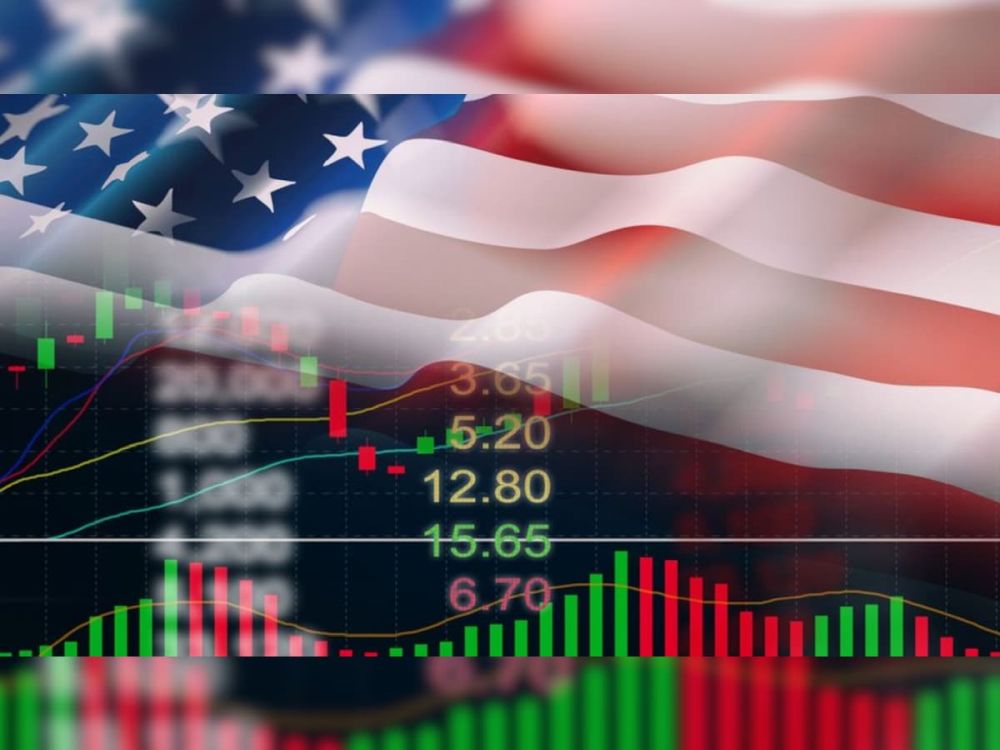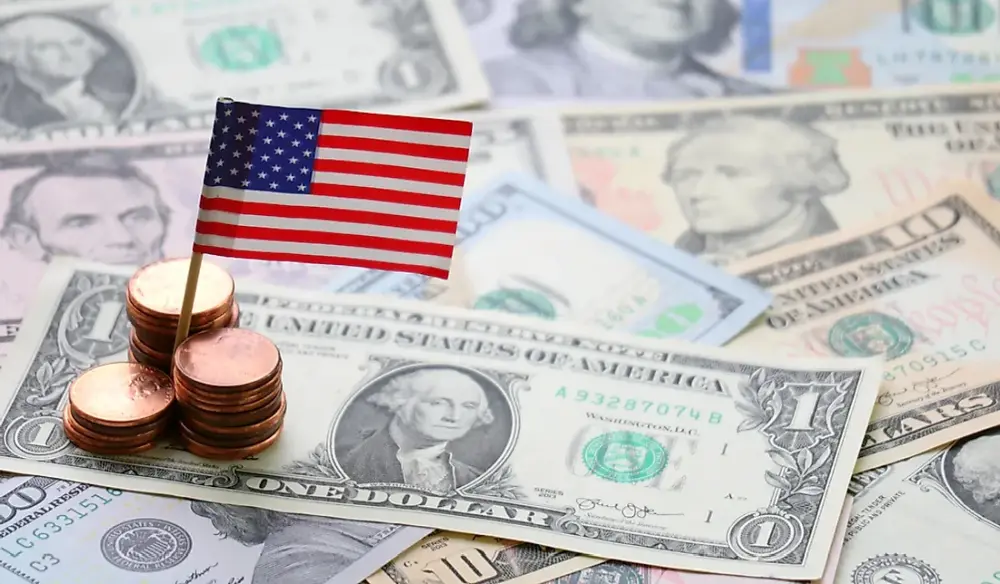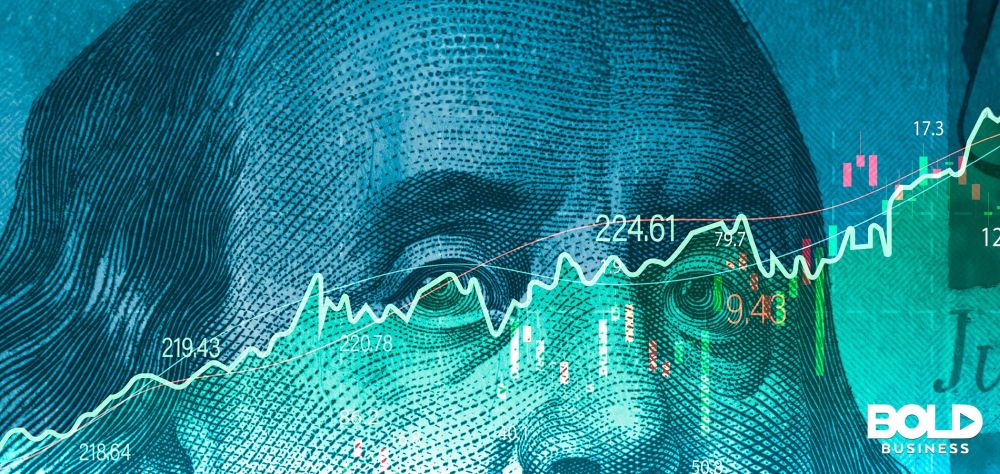The recent surge of the U.S. dollar, particularly following Donald Trump’s election victory, has sent ripples through global financial markets. The U.S. Dollar Index (DXY) reached its highest level since July 2024, climbing above 105.00 as investors reacted to expectations of a pro-business agenda under Trump’s administration. This rally in the dollar is largely attributed to anticipated policies that could lead to increased inflation and interest rates in the U.S., including proposed tariffs and tax cuts. As a result, the dollar has gained approximately 5% since late September, with significant implications for other currencies and international markets.

The euro and Japanese yen have been particularly affected by the dollar’s strength. The euro fell to a four-month low against the dollar, reflecting fears that Trump’s trade policies could negatively impact European economic growth. Analysts predict that the euro could continue to weaken as markets adjust to the potential for heightened tariffs on imports, which may further strain relations between the U.S. and its trading partners. Similarly, the yen has depreciated significantly, losing about 9% against the dollar this year. This depreciation is compounded by expectations of diverging monetary policies between the Federal Reserve and the Bank of Japan, as well as the yen’s reduced status as a safe-haven currency amid rising geopolitical tensions.

The implications of a stronger dollar extend beyond immediate currency valuations; they also pose challenges for emerging market economies. Many countries are grappling with dollar-denominated debts, which become more burdensome as their own currencies weaken against the dollar. This situation can lead to inflationary pressures in these nations, complicating their economic recovery efforts. For instance, currencies in several Asian countries have depreciated sharply against the dollar, prompting some governments to consider interventions to stabilize their currencies and stem capital flight.

Looking ahead, market participants are closely monitoring how Trump’s policies will unfold and their potential impact on global economic dynamics. While a strong dollar can benefit American consumers by lowering import costs, it can also hinder U.S. exporters by making their goods less competitive abroad. As traders position themselves for what lies ahead, the interplay between U.S. domestic policies and international economic conditions will be crucial in shaping currency markets and broader financial trends in the coming months.

#USDollar #TrumpVictory #CurrencyMarkets #Euro #Yen #EmergingMarkets #Forex #GlobalEconomy #TradePolicies #FinancialNews #MarketTrends #Investing #EconomicImpact
